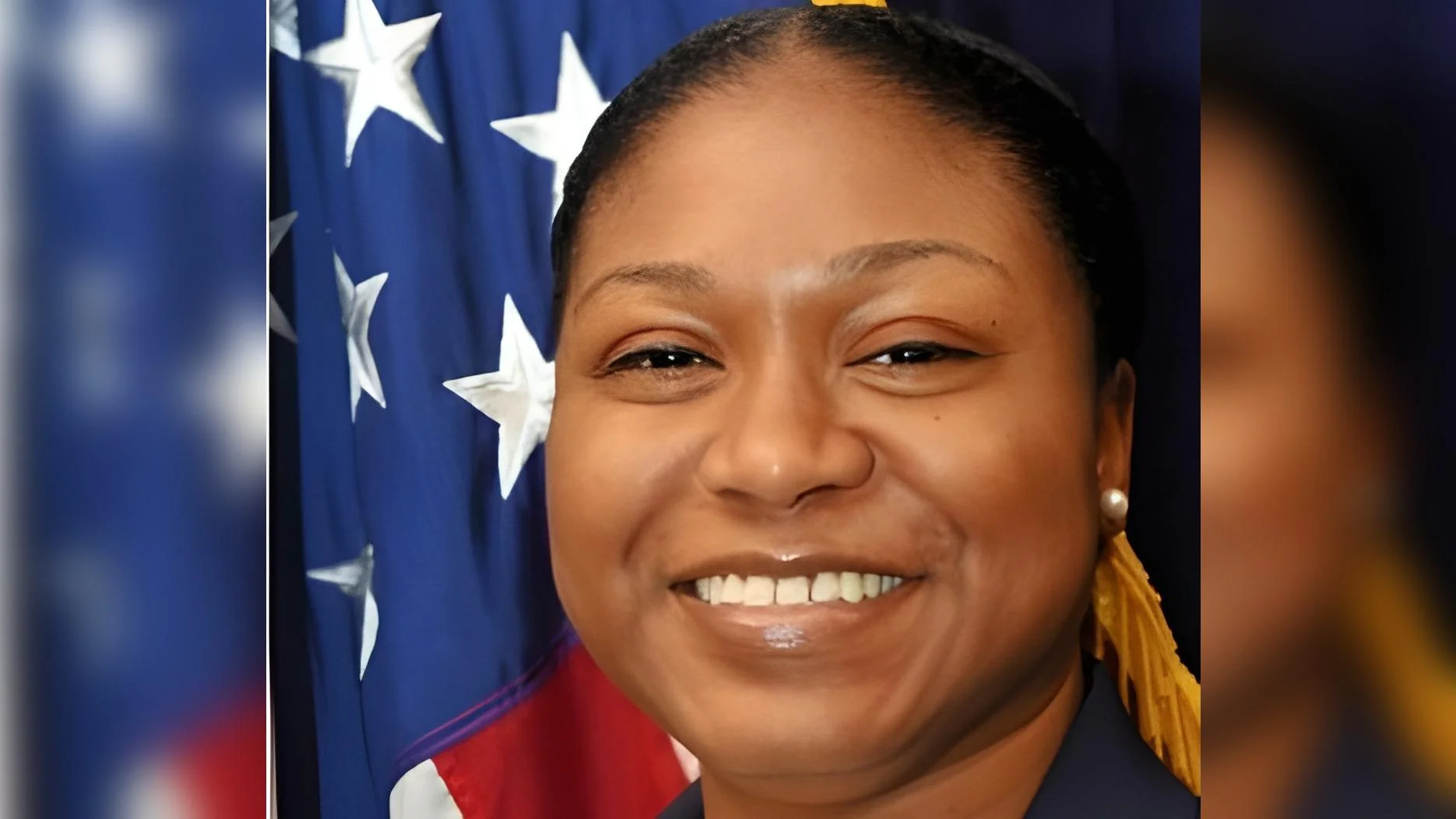A resident of Milledgeville, Georgia, was convicted on charges related to a scheme to obtain COVID-19 relief funds under false pretenses. Rosalend Way, 40, was found guilty on September 24 of conspiracy to commit wire fraud and money laundering after a three-day trial in Macon. The charges stem from fraudulent applications for Paycheck Protection Program (PPP) loans, which were guaranteed by the U.S. Small Business Administration and intended to support businesses during the pandemic.
Way faces up to 20 years in prison and a $1 million fine. Sentencing is set for December 2. Her codefendant, James Frank Austin, 51, of Americus, pleaded guilty last month to conspiracy to commit wire fraud, two counts of bank fraud, and two counts of money laundering. He could receive up to 30 years in prison and a $1 million fine at his sentencing scheduled for November 19.
The case is being overseen by U.S. District Judge Marc Treadwell. Federal sentences do not allow for parole.
U.S. Attorney William R. “Will” Keyes stated: “Our office will pursue justice against those who exploited a taxpayer funded program created to sustain citizens during a national emergency. Our federal investigative and prosecutorial team is committed to holding these offenders accountable.”
FBI Atlanta Special Agent in Charge Paul Brown said: “Way and Austin chose to commit fraud, further depleting funds designed to help people who struggled to survive during the pandemic. The FBI and our law enforcement partners will continue to pursue criminals who cheat federal health programs and profit at the expense of American taxpayers.”
Special Agent in Charge Demetrius Hardeman of IRS Criminal Investigation added: “Defrauding the U.S. government is a serious offense which can bring lifelong consequences to individuals who commit the crime. Taxpayers expect their hard-earned dollars to fund the programs and policies enacted by the government. IRS Criminal Investigation special agents and our law enforcement partners will hold those accountable who exploit and defraud government programs for their own benefit.”
Court documents showed that Way and Austin applied for PPP loans using false information about their businesses’ payrolls and employee numbers. On June 21, 2020, they submitted an application for Propel Opportunity Fund claiming it had 18 employees with an average monthly payroll exceeding $420,000—a figure not supported by tax records or bank statements. They also presented falsified wage documentation indicating nearly $5 million paid out in salaries in 2019.
IRS records contradicted these claims; Propel’s tax return showed no salaries or wages paid that year.
Despite this, their loan application was approved for $1,051,395—about half of which went into Way’s personal accounts and was used for items such as dining out, shopping, gas purchases, groceries, and cash withdrawals.
Austin also submitted fraudulent applications on behalf of another business—the Austin Smith Center for Community Development—resulting in additional PPP loans totaling more than $2 million overall between both defendants. Funds from these loans were used on personal expenses including luxury cars; approximately $119,840 went toward purchasing a Bentley.
The investigation was conducted by the FBI and IRS Criminal Investigation division.
Assistant U.S. Attorneys Elizabeth Howard and Hannah Couch are prosecuting the case.
Reports regarding suspected COVID-19 related fraud can be submitted through the Justice Department’s National Center for Disaster Fraud complaint form at https://www.justice.gov/disaster-fraud/ncdf-disaster-complaint-form.





